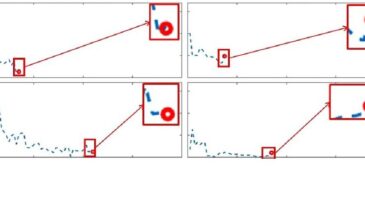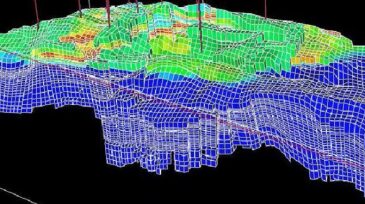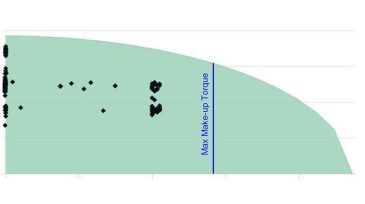Data mining/analysis
This paper describes a data-driven well-management strategy that optimizes condensate recovery while preserving well productivity.
This work presents the development of fast predictive models and optimization methodologies to evaluate the potential of carbon-dioxide EOR and storage operations quickly in mature oil fields.
This paper introduces a system that leverages sophisticated algorithms and user-friendly interfaces to tackle the challenge of developing complex, compartmentalized reservoirs effectively.
-
The December issue of the peer-reviewed SPE Journal includes a spotlight section on data analytics, presenting paper SPE 195698, “Prediction of Shale-Gas Production at Duvernay Formation Using Deep-Learning Algorithm.”
-
The November issues of SPE’s peer-reviewed journals SPE Reservoir Evaluation & Engineering and SPE Production & Operations include papers addressing data analytics and machine learning.
-
The company used a maintenance optimization plan from Lloyd's Register for the centrifugal pumps and fire and gas detectors on a floating production, storage, and offloading vessel in the Norwegian Sea.
-
YPF’s data analytics experts are eagerly seeking partnerships with oilfield operations experts who can help blend elegant data analysis with the messy reality of oil production.
-
This work describes a heuristic approach combining mathematical modeling and associated data-driven work flows for estimating reservoir-pressure surfaces through space and time using measured data.
-
The service company said it will make its data ecosystem available to the platform that is designed to bring together exploration, development, and wells data from across the industry. This will allow Schlumberger to integrate its solutions with its clients who have already joined the platform.
-
ForeSite users will be able to create and visualize customized data reports or select from a series of built-in visualization dashboards and reports that monitor key performance indicators and identify production optimization opportunities.
-
Merging tried-and-true physics-based models with data science is bolstering the Houston independent’s reservoir-engineering work on its deepwater and shale assets.
-
This paper explains how an ultradeepwater drilling contractor is applying real-time analytics and machine learning to leverage its real-time operations center to improve process safety and performance.
-
Fed by big data loads from big operators, a university consortium and software firm are each working to make upstream data access as quick and easy as a Google search.













